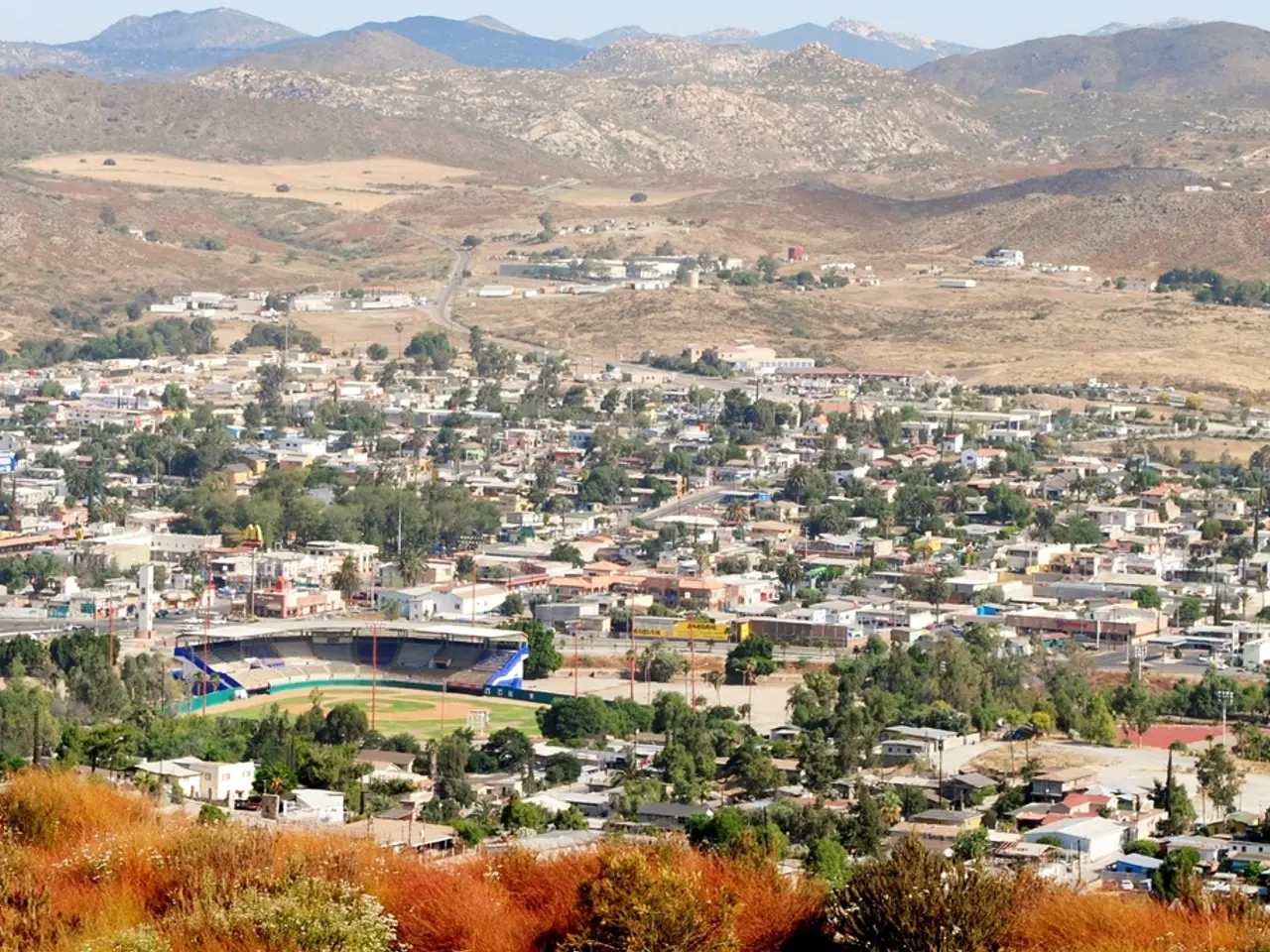Shikha Mukerjee discusses the necessity for clarity following Bhagwat's remarks, stirring controversy
The ruling Bharatiya Janata Party (BJP) is currently grappling with the question of who will succeed J.P. Nadda as its president, as the incumbent continues to hold office concurrently as a Union minister. The uncertainty is further compounded by the ongoing speculation about Prime Minister Narendra Modi's potential retirement, with the RSS chief, Mohan Bhagwat, recently mentioning the age of 75 as a potential retirement age.
While the BJP generally adheres to the RSS tradition of encouraging senior leaders to retire at 75, the actual retirement timeline for both Nadda and Modi remains uncertain. Astrological analyses suggest that Modi might retire around 2025-26 due to RSS policy on leadership age limits, but could continue guiding till 2028 because of favourable planetary periods related to his political dominance.
However, there has been no official announcement of Modi's retirement, with claims about this being broadly regarded as political speculation rather than fact. The BJP and RSS leaders have dismissed any claims of internal discord or imminent changes as mere conjecture.
The BJP has a "Margdarshak Mandal" for elders to transition from holding high office to becoming mentors, but Amit Shah, the home minister and a dependable ally of Modi, has stated that there is no age limit on holding office within the BJP. This stance challenges the well-defined precedent of one person-one office that Nadda currently violates.
The speculation about Modi's retirement is causing uncertainty in India's relations with the rest of the world. The change of guard between political leaders, such as Jyoti Basu and Buddhadeb Bhattacharjee in West Bengal, is not always an easy process. Bhattacharjee, for instance, declared that he would not follow in Basu's footsteps.
The RSS, on the other hand, is cautious about engaging in discussions about succession. The organisation is currently facing its own problems, including the issue of age limit, with Bhagwat potentially facing the same dilemma.
As the country waits for a clear and definitive statement from Modi about his future, the BJP remains in a state of flux regarding leadership succession. The speculation over who will lead the BJP is rampant, with the unofficial shortlist changing frequently.
Interestingly, both the CPI(M) and the BJP are organised in similar ways, with rules and processes for leadership succession. However, the BJP has been greatly influenced by Modi, making the transition even more challenging.
Shikha Mukerjee, a senior journalist based in Kolkata, notes that the BJP needs Modi to make a clear and definitive statement about his future to end the current uncertainty. Only then can the party begin the process of choosing a new leader and moving forward.
The uncertainty surrounding the succession of BJP's presidency and potential retirement of Prime Minister Narendra Modi is currently revolving around policy-and-legislation and politics, as it greatly influences the country's general-news landscape. Despite the RSS tradition of encouraging senior leaders to retire at 75 and the BJP's "Margdarshak Mandal" for elderly leaders to transition, the actual timeline remains vague due to factors like astrological analyses and the absence of official announcements. This ongoing speculation adds to the political dynamics within the party and impacts India's relations with the rest of the world.





